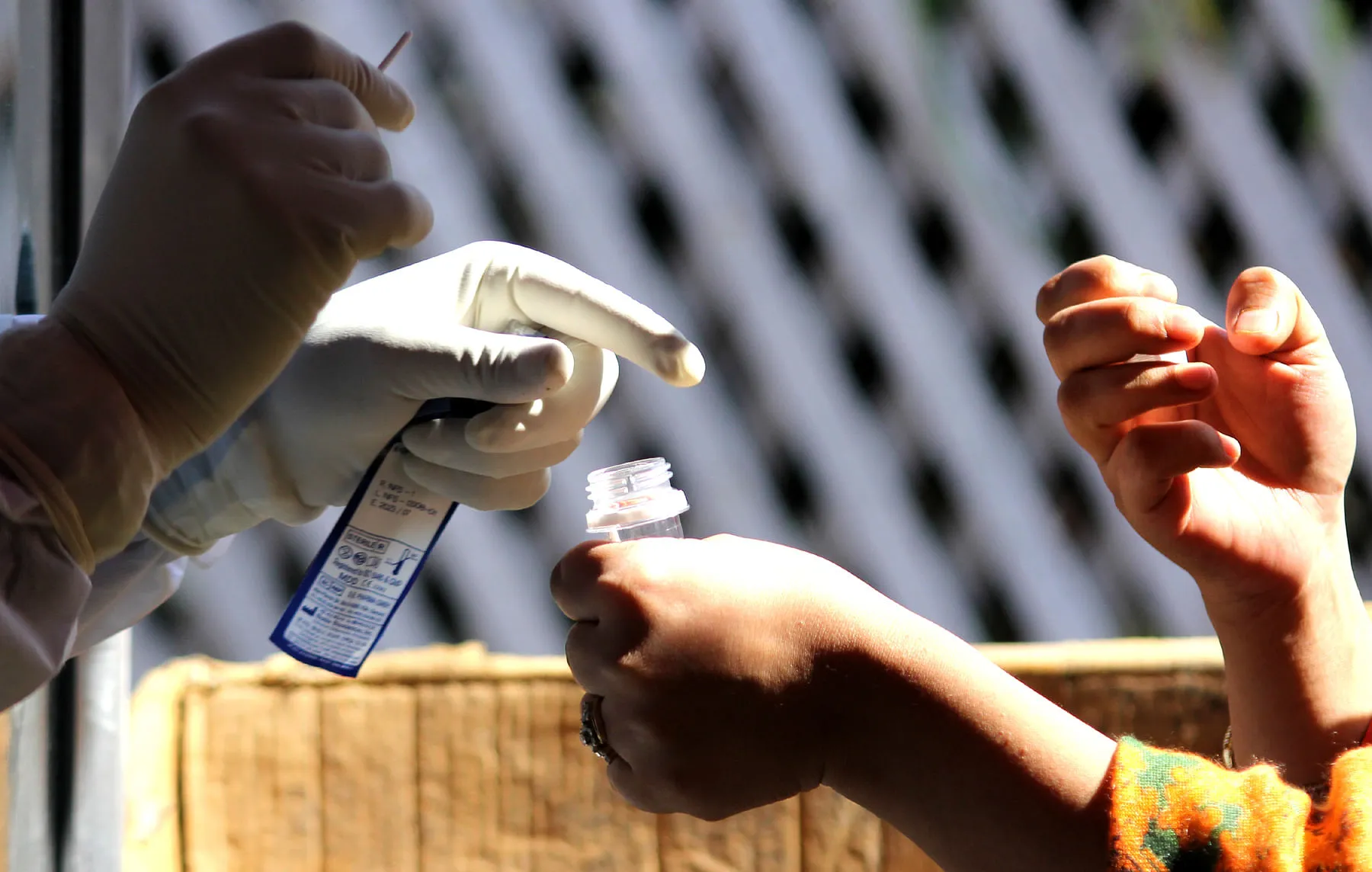Srinagar, June 28: In an effort to have timely genomic data of the circulating variants of Covid-19 and avert an unsuspected surge in the cases in the coming months, J&K is planning to set up a Sequencing Lab at SKIMS Soura.
Additional Chief Secretary J&K Government (Health and Medical Education) AtalDulloo said his department had sent a proposal to the Finance Department of the J&K government asking for funds to strengthen surveillance of Covid-19 variants.
He said it was important to have timely data on what variants were circulating in the community to prepare better for any surges.
Dulloo said that the Advisory Committee on the possible Covid third wave preparation in J&K had recommended intense sequencing to detect changes and mutations in the virus affecting the people.
He said that the lab would be set up at SKIMS Soura which had an existing Genetics department.
“It can be done but we need funds and we need procurement,” Dulloo said.
He said Gene Sequencer would be needed and the department was hopeful of getting a go ahead on that to improve the capacity of surveillance efforts in J&K.
“We may have a similar project in GMC Jammu,” Dulloo said.
He said the department was planning to have the lab in place “well before the suspected third wave”.
Head of the Department of Social and Preventive Medicine at GMC Srinagar,
Prof Saleem Khan said that the new variants were emerging and was a concern.
“We currently have Delta Plus variant, which hasn’t caused much trouble yet but we can never trust the viruses,” he said.
Prof Khan said that in the present era Genome Sequencing was a necessary tool and could help devise better mitigation plans.
“It is better to know the virus than not knowing,” he said.
A senior doctor at SKIMS Soura said although it took over a month in the past to get a genomic sequencing report in April, the time had reduced to two weeks now.
“The load seems to have reduced on the central sequencing labs right now,” he said.
The ten labs under Indian SARS-CoV-2 Consortium on Genomics (INSACOG) had been authorised by GoI for carrying out genomic sequencing of samples from across India. In the past, the absence of data about circulating variants was blamed for the surge in the cases.
As per the data of J&K government, over 60 percent of samples that had been sent for genome sequencing were detected with mutations.
The most common mutations were alpha and delta variants, both having contributed hugely to the disease and spread of the virus in J&K.






